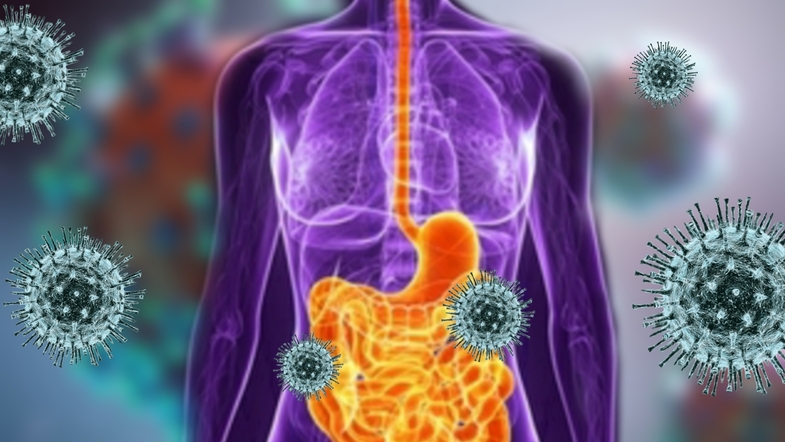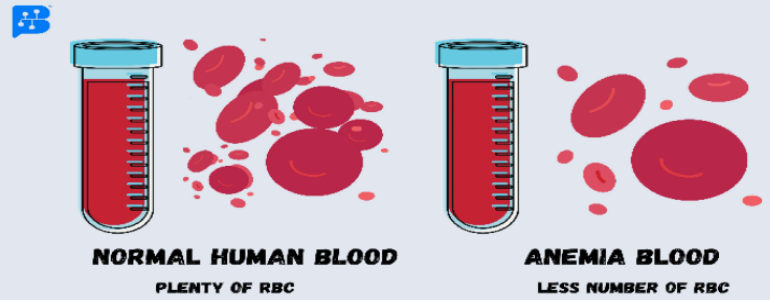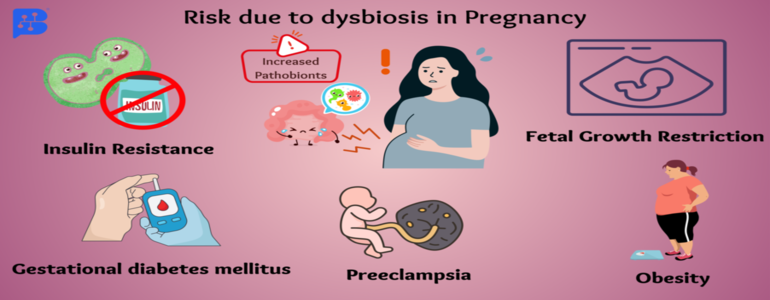- June 14, 2021
- Deeksha
- Microbiome and Disease
Increasing importance of Gut Health in the aftermath of COVID-19
Since last year, when the entire world was struck by a massive health crisis as a result of the Coronavirus illness, there has been an increasing focus on people's nutrition and lifestyle choices, compelling everyone to prioritize their health and well-being. COVID-19 has affected over 100 million people worldwide, with the worst-affected countries being the United States, India, Brazil, Russia, the United Kingdom, and France.
Among the many symptoms of COVID-19, some notable ones are nausea or vomiting, diarrhea and intestinal discomfort. This very fact has arisen the quest to find an answer to the following question, “What if SARS-CoV-2 and the microbes living inside our intestines have a significant link and whether this connection can be used as a potential tool to combat further infections ?” In fact, many studies are being conducted to understand this very link. People with underlying medical disorders such as high blood pressure, diabetes, and obesity have a higher chance of severe COVID-19. And the risk of major consequences and hospitalization increases with age, with the older population being the most vulnerable. However, both of these characteristics, old age and chronic illnesses, have been linked to a change in gut microbiota i.e., the different types of microbes present inside our gut. Alterations in the gut microbiota, also referred to as "gut dysbiosis," have been linked to a variety of long-term diseases and disorders, including Irritable Bowel Disorder, type 2 diabetes, depression, and cardiovascular disease.

Many people who survive their first encounter with the disease go on to have puzzling and sometimes crippling symptoms called "long COVID" for months. As a result, it's proposed that people who have COVID-19 and leave the hospital require continued treatment and rehabilitation to assist them recover. Long COVID can be exacerbated by abnormalities in the type of bacteria prevalent in the gut, according to studies. The gateway to our cells for the entry of the coronavirus is the protein called angiotensin converting enzyme 2 or ACE-2. This ACE-2 receptor protein is found in the lungs as well as in our intestines, indicating that the virus might have a significant relation with the gut microbiota.
A study was conducted to see the changes in the types of microorganisms present in the faeces of 15 Hong Kong patients with SARS-CoV-2 infection during hospitalization and its relationship with severity and presence of the viral particles in their faeces. Their samples had significant alterations compared with controls(healthy individuals), that means they had more opportunistic or ‘bad’ microbes than the beneficial ones and this imbalance persisted even after SARS-CoV-2 was no longer present in their bodies and resolution of respiratory symptoms. This indicated that even after recovery, there was a pronounced imbalance in the gut, which can potentially impact the lungs, but also other organs as well as the immune system. So, it becomes important to keep higher levels of good bacteria in our bodies than the pathogenic ones. Diet, unsurprisingly, has a substantial impact on the composition of bacterial communities in the intestine. It is known from several studies that plant based foods, containing high fibres, have a beneficial impact on our gut health. Another new study has discovered a relation between plant-based and pescatarian diets and COVID-19 milder cases. Healthcare practitioners who ate a plant-based diet had a 73% lower risk of moderate to severe COVID-19, and those who ate a plant or fish based diet had a 59% lower risk of being very ill.
The study also argued, despite having efficient healthcare facilities, the severely affected countries in the pandemic are the western countries, indicating that one of the underlying reasons behind this is the type of diet and lifestyle choices. Western diets containing processed foods with high fats, oils and refined sugars are major triggers for poor gut health. As a result, eating a more fibre diet, supplementing with probiotics, prebiotics, or synbiotics on a regular basis, exercising regularly, and most importantly, having our gut health examined becomes vital.
Understanding the situations from the ground up is the need of the hour. Many investigations have yielded significant results regarding this continually changing and evolving pathogen. When a virus replicates in a host cell, it has a chance of mutating, which means it can make minor changes that affect the expression of certain proteins. Those changes can sometimes become fixed traits in the viral population, which helps them to survive in the host population. This suggests that the more copies the virus makes, the more it spreads and the more it can alter, adapt, and learn to thrive in that environment in the form of variants. And therefore, people are constantly encouraged to get vaccinated and continue maintaining all the necessary protocols and not let "pandemic fatigue" set in at any cost. With all the growing evidence pointing towards a link between host immunity, the microbes living inside us and the covid-19 , it is of utmost importance for everyone right now to practise towards making our gut healthy and strong.
References :-
-
Debojyoti Dhar, Abhishek Mohanty, “Gut microbiota and Covid-19- possible link and implications”, Virus Research, https://doi.org/10.1016/j.virusres.2020.198018.
-
Quigley, Eamonn M M. “Gut bacteria in health and disease.” Gastroenterology & hepatology vol. 9,9 (2013): 560-9.
-
Vasile Coman, Dan Cristian Vodnar, “Gut microbiota and old age: Modulating factors and interventions for healthy longevity”, Experimental Gerontology, Vol. 141 (2020), 0531-5565, https://doi.org/10.1016/j.exger.2020.111095.
-
Zuo, Tao et al. “Alterations in Gut Microbiota of Patients With COVID-19 During Time of Hospitalization.” Gastroenterology vol. 159,3 (2020): 944-955.e8. doi:10.1053/j.gastro.2020.05.048
-
Kim H, Rebholz CM, Hegde S, et alPlant-based diets, pescatarian diets and COVID-19 severity: a population-based case–control study in six countriesBMJ Nutrition, Prevention & Health 2021 doi: 10.1136/bmjnph-2021-000272
-
Zhang, Yu-Jie et al. “Impacts of gut bacteria on human health and diseases.” International journal of molecular sciences vol. 16,4 7493-519. 2 Apr. 2015, doi:10.3390/ijms16047493








